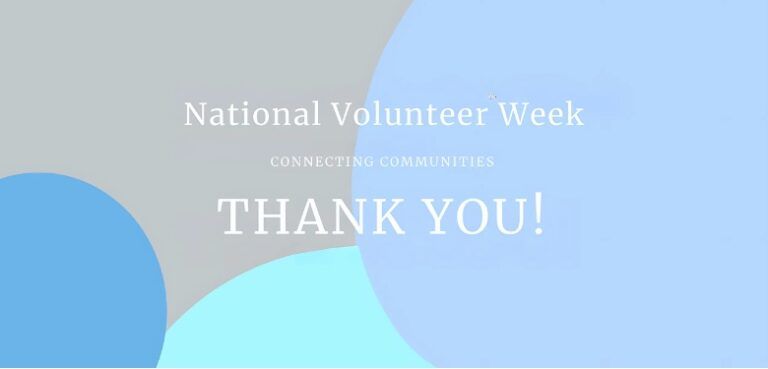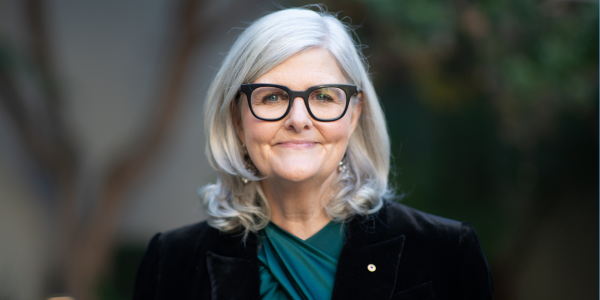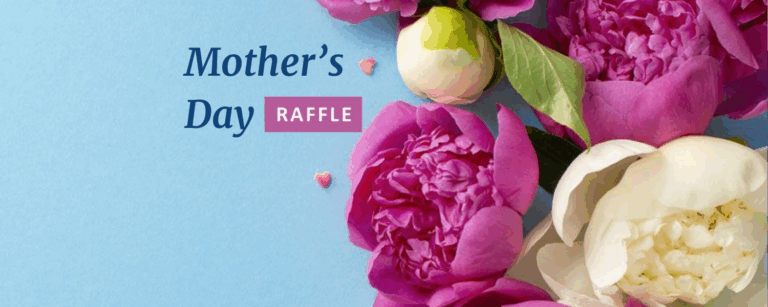Why is it that racist and homophobic jokes are no longer tolerated, but humour that demeans women and makes light of violence is normalised?
A real estate agent in regional NSW was criticised recently for advertising a house with a quip about the property’s large back yard having, ‘plenty of space to bury a body.’
ABC Property listing agent Averill Berryman apologised and removed the listing, but told online news site, Yahoo! that they had received a lot of ‘humorous feedback’ from the listing and that ‘no harm was intended.’
A poll by the news site revealed 42% of its viewers agreed with Berryman and believed the joke was just a bit of harmless fun.
Misogynist humour is still dished out regularly by some of the world’s best-known comedians. Most recently Tik Tok comedian Matt Rife, who has a following of more than 18.2 million, started his recent Netflix comedy special with a joke about a waitress with a black eye, saying: “…if she could cook, she wouldn’t have that black eye”. Despite a torrent of backlash, he has refused to apologise.
The UK’s Jimmy Carr is infamous for his horrific gag about gang rape, the US’s Bill Burr joked about popstar Rihanna being bashed by her then boyfriend Chris Brown, Russell is renowned for his extreme sexist banter, that includes rape one-liners.
The regional property agent’s misguided attempt at humour may seem inconsequential in comparison, but any joke that minimises abhorrent behaviour, is not just unfunny, it is also harmful.
The statistics should be sobering enough.
Ten women are hospitalised every day following abuse from a partner, on average at least one woman is killed every week and one child every fortnight in domestic or family violence incidents. In NSW the police respond to about 400 calls every single day and more than 40% of their time is spent responding to domestic and family incidents.
There are two major issues with jokes about domestic and family violence; firstly, they can traumatise survivors and secondly, they normalise abuse.
Survivors of domestic violence often feel shame and making light of something, particularly in a public forum can be a trauma trigger for those victims, which can then exacerbate the symptoms of PTSD.
Berryman explained that ‘there was definitely no intention to incite any kind of domestic violence.’
Of course, most people viewing the listing are not violent and no amount of joking will make them consider committing acts of domestic and family violence. But by making humorous comments about the joke, they vindicate the minority who are violent, because when those men see people (men and women) laughing at jokes about domestic violence it reassures them that their behaviour is okay and normal.
The UK’s Ricky Gervais, who has been slammed for making jokes in the past about raping old women and molesting small children, has been very vocal about his right to free speech and the cancel culture ruining comedy.
Gervais argues that his audiences are not stupid, they understand irony and when they laugh at something considered taboo it is because they know it is wrong. Gervais is naive. The only people who think all men are violent are violent men and when they see other men laughing at gender violence jokes it reassures them that they are normal, that violence against women is nothing unusual.
And I can assure readers that the strong and compassionate women I work with in the domestic and family violence sector, including my colleagues at Mary’s House Services are not amused or entertained by jokes that are about people being killed, abused or disrespected.
One of the key themes of this year’s 16 days of activism, organised by the United Nations – calling for the prevention and elimination of violence against women and girls – is understanding the importance of respect and that we all have a part to play in ending the attitudes that perpetuate, rationalise and normalise violence against women and children.
To make the world a safer place for women and children we must change the behaviour of the perpetrators of gender violence. By standing up and calling out inappropriate humour you are making violent men feel uncomfortable about their choices and a man who fears disapproval, particularly from his friends, is a man who may take the first step towards changing his behaviour.
Photo credit Julien Dumas, Unsplash





